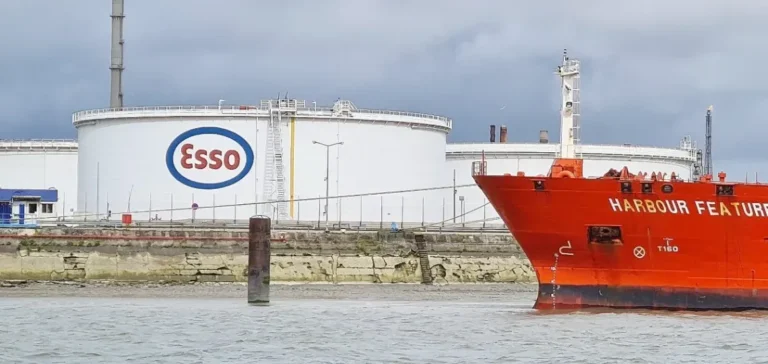Energy group North Atlantic France SAS has signed an agreement with ExxonMobil France Holding SAS to acquire the entirety of its stake in Esso Société Anonyme Française SA (Esso SAF) as well as in ExxonMobil Chemical France SAS (EMCF). This transaction, which remains subject to regulatory clearance and shareholder approval, is expected to close during the final quarter of 2025.
A key refinery in France’s energy landscape
Esso SAF owns the industrial platform in Notre-Dame-de-Gravenchon, located in Seine-Maritime. This site includes a refinery and a lubricants production unit, forming part of a petrochemical complex previously operated by ExxonMobil Chemical France. The Gravenchon refinery is the second-largest in the country, behind the one in Gonfreville l’Orcher operated by TotalEnergies, and plays a strategic role in the regional energy supply.
Financial terms to be defined
The final amount of the transaction will be disclosed following a general meeting scheduled for 4 November. During this meeting, shareholders will also vote on a reserve distribution of EUR60.21 per share, as well as on a new company name, to be adopted following the change of control.
Partial asset sales to ExxonMobil
Certain assets will not be included in the transaction. The business segment related to lubricants and specialty products of Esso SAF will be sold to ExxonMobil for an estimated amount of EUR8mn ($8.48mn). In addition, certain trademarks and intellectual property rights will be sold separately for EUR20mn ($21.20mn).
Refocusing petrochemical operations
This sale is part of a broader reorganisation of ExxonMobil’s industrial assets in France. The company had already sold the Fos-sur-Mer refinery in 2024 to a Swiss consortium. For North Atlantic, the acquisition strengthens its presence in the European refining market and marks a significant step in its growth strategy across the continent.






















